Voice » Voiceインフォメーション » The bond between Japan and Taiwan is eternal <2>
The bond between Japan and Taiwan is eternal <2>
2014年07月30日 公開
2014年07月31日 更新
“I want to be useful as an Imperial Navy”
As mentioned in the previous article, Many Taiwanese rushed to the opportunity to be a Navy volunteer when it was announced to seek Navy volunteers in 1943. My elder brother was honored to be a volunteer in the first selection. Below is an interview of my brother (Japanese name: Iwasato Takenori) in “Taiwan Nicni-Nichi Shimbun”.(dated September 22, 1943)
Mr.Iwasato Takenori (22) was born in 1920 in Kiryu, Sanshi in Taihoku and went to a high-elementary school. He worked for his family business after the graduation and later appointed to be a police officer in Taihoku in August 1942 and he’s currently working for a police box in Taiheicho No.3. He talked about his joy to be selected as a first Navy volunteer at his place in front of his wife Natsue(22), daughter Michiko (4), Norimasa (2).
I believed I’d pass the exam to be a Navy volunteer when I first applied for it. I’ve never been happier before. Although it’s a great honor to serve the country behind frontlines, I sincerely wanted to go to the frontlines for Japan. In addition, I’d be a member of the Invincible Imperial Navy and fight against Americans as well as British. This is the greatest honor I’ve ever received in my whole life. From now on, I’ll do my best to serve as an Inperial Navy.
In 1944, My brother was stationed at the base in Saei, which is close to Takao and came to see me on Sunday. We two took a photo and it was the last meeting for us.
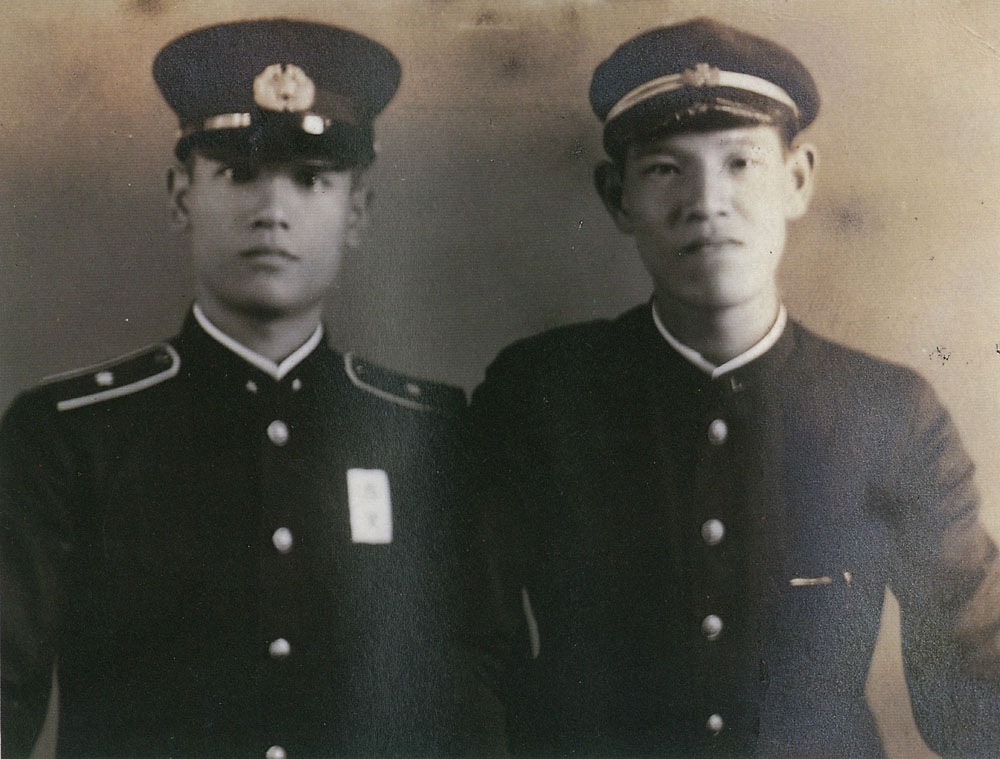
He told me, “I’ll be sent to a port in the South. You’ll go to mainland Japan pretty soon. Today is our last chance to see each other”. “A port in the South” refers to Manila, the Philippines. However, he didn’t specify it to keep it confidential.
Back then, he was a top-rated police officer and serving for the largest police box. But he abandones this position. In addition, he left his wife and young children behind. How did he think about it? I’m still not sure as of now, 70 years after his passing. But I do believe his words “I’d like to serve the country as an Imperial Navy” were sincere and true. Both my brother and myself were really young. We had a high hope of dying for the country. That’s all I can say right now.
Bombing of Tokyo
After bidding farewell to my brother in Takao, I got on a transfer ferry in Kiryu, Taiwan. The ferry went north alongside China and shallow shore near Korean Peninsula to avoid submarine attacks. It was 21 days after the departure from Kiryu that we arrived in Moji, Fukuoka.
I entered Army Artillery school in Inage, Chiba in February 1945, and received an education for future officers. Then we face a big battle on March 10. Bombing of Tokyo. We the artillery unit kept on shooting against massive B-29 formation that invaded our Imperial Capital. Taiwanese natives are used to it since we’ve experienced various Antiair warfares beforehand in Taiwan. So we fought well in front of panicked Japanese officer candidates. A debris of bombs was about to hit my nose, but luckily it was not a big deal. Our captain from the artillery school was dead in this combat. So I was in charge afterwards.
On the next day, I was ordered to head for the east of Tokyo to clean up sites and help victims. This experience was really helpful when I faced the massive earthquake in Taiwan in 1999.
After that, I was transferred to a unite in Nagoya and faced with American bombings there, too. They bombed every single factory in their last day of bombing and it was truly a miserable view. The whole city of Nagoya was already burned out and we were stationed in a tent behind the castle.
I did listen to the speech of His Majesty on August 15, but couldn’t understand him well due to its small volume. Quite honestly, I was a bit relieved to hear that Japan surrendered and war is over. I had absolutely no idea where Japan would go at that stage. I asked for a permission to go back to Kyoto a few days later, and it was easily granted. When I went back to Kyoto Imperial University, I was ordered to go get pensions. That amount of money was big enough to spend one more year in Japan. However, my grandfather in Taiwan told me to come back to Taiwan over and over again. I was really worrying about my hometown in Taiwan.
There was not much preparation going on for Taiwanese in the Kyoto area to go home, while Taiwanese in the Tokyo area were gathering to go back to Taiwan from the port of Uraga. So I decided to head for Tokyo and stayed at the Chin’s from Taiwan near Shimbashi station, and waited for the departure of ferry. Nothing except the Chin’s was left out in the area.
I could finally go home in Sanchin in April 1946 and meet my grandparents and parents, but absolutely no clue about my brother’s whereabouts. Moreover, a relative girl who was working as maid in my household something mysterious. She said she saw my brother covered with full of blood, holding a sword, and looking at his children. The maid quit the job and went home pretty soon, and we heard she passed away pretty soon.
I thought it was the day my brother was dead in combat. I decided to wait for the ghost of my brother without sleeping at night for a long time. My weight dropped from 72kg to 60kg in a short period of time. But his ghost never showed up. My mother passed away in cancer within 6 months, and I also lost my grandfather in liver disease. My father would live for 95 years, but he didn’t accept the fact that my brother was dead until the very end since his bones never returned. We could not pay homage to my brother because of the fact my father did not build a grave for my brother.
My reunion with my elder brother
On June 7, 2007, I finally made a reunion with my elder brother at Yasukuni Shrine. He fought well in Manila in the rear as a Navy and was killed in action.
I could pray for my brother’s soul at Yasukuni Shrine and it brought me peace of mind. I could face with the spirit of my brother and convinced myself I could do something I need to do as a human being. I was surrounded by reporters and journalists. I simply said, “There’s no grave and there’s not even a mortuary tablet my house. The elder brother I really admired was killed in action and he’s now enshrined in Yasukuni. I really appreciate for that. What would you do if your family member would be enshrined here?” No one could answer that. I believe they could understand how I felt.
My visit to Yasukuni was simply a family as well as personal issue, and it must not be a political or historic issue. Remember that, those who are enshrined are people who sacrificed themselves for the country. Each one has his family members and they might have been able to do something good for the country if they had survived. These spirits should be respected by those who are alive now. It’s completely against humanity to bring it up as a political issue.
Three requests for Prime Minister Abe
28000 Taiwanese were killed in action during the WWII and enshrined in Yasukuni. It’s a shame the vast majority of modern Japanese don’t know this truth.
If you ask me what Japan should do to make these sacrifices of Taiwanese during the war meaningful, I’d like to ask you the following three points.
First, We’d like to ask you to respect the right of Taiwanese fishermen around the Senkaku islands based on Japan-Taiwan fishing agreement in April 2013. This agreement was made possible thanks to the strong leadership of Prime Minister Abe and I really appreciate it. Some claimed “Lee convinced those who opposed to this agreement”, but it’s absolutely false and I’m not involved in any process. It’s all thanks to leadership of Prime Minister Abe. Various jobs need to be done in the road ahead, but I believe in Prime Minister Abe’s leadership.
Second, I’d like to ask Japan to sell the neutron-based latest cancer treatment to hospitals in Taiwan through Taiwan’s Ministry of Health. Please take a look at the photo in this page. A family portrait of myself, my parents, and brother’s family. I’m the only survivor in this photo. Most of my family members, including my sister-in-law and their children, died of cancer, except my brother who was killed in action. Just like in Japan, Cancer is ranked no.1 in cause of death in Taiwan. I guess Japan doesn’t sell this technology to Taiwan because they’re afraid of leakage to China. But believe me, Lee Teng-Hui guarantees this will never happen.
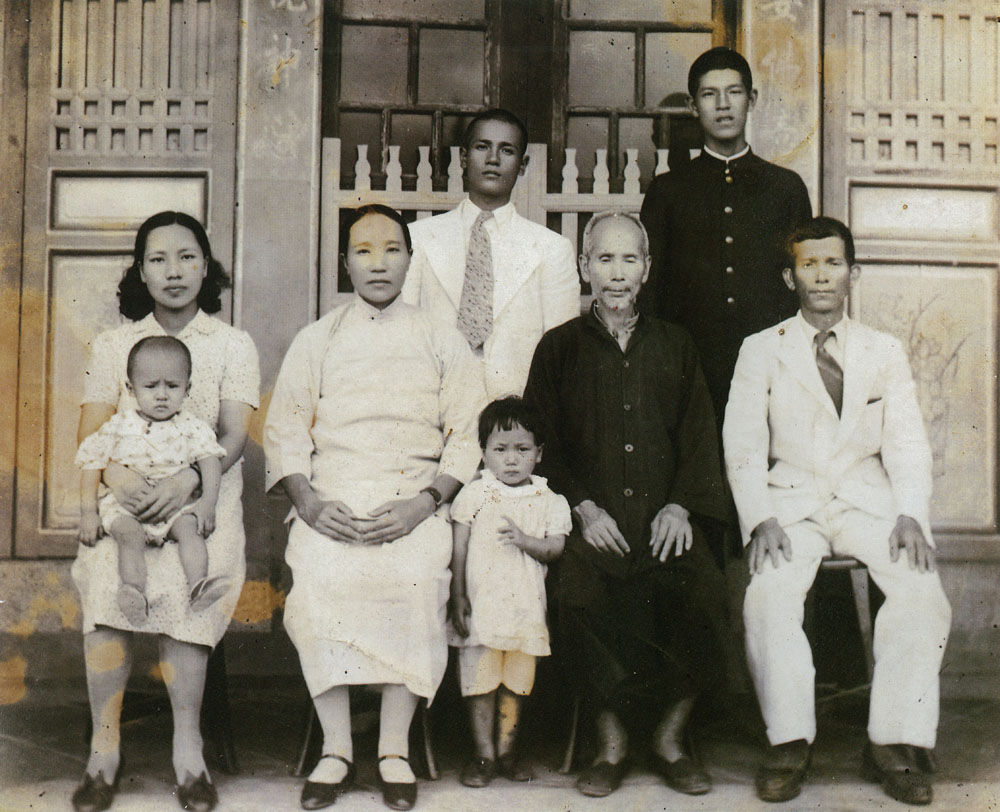
Third, Japanese version of “Taiwan Relation Act”. The United States established “Taiwan Relation Act” as a domestic law in 1979 to maintain the relationship with Taiwan and to contain toward China. However, Japan normalized the diplomatic relationship with China in 1972 and broke off diplomatic relations with Taiwan at the same time. Since them, there’s no legal basis for the relationship with Taiwan.
Recently, I ask every single Japanese parliament member who came to see me about the possibility of “Japanese version of Taiwan Relations Act”. Almost all of them agree to it. However, some people told me it’s difficult because of China’s opposition and intervention. How can China intervene Japan’s domestic issues? Taiwan is not a part of China. Taiwan belongs to the Taiwanese.
I really don’t understand how Japan can ignore the strong bond with Taiwan in fear of China’s reaction. Looking back the historic background, I believe Japan is responsible for the future of Taiwan in a certain level. It seems Prime Minister Abe is a person with a reliable national perspective. It’s impossible for me to ask him in person, so I’d like to ask him for “Taiwan Relation Act” through this article.
The Break-off of Japan-Taiwan relations in 1972 was predictable for me. So I wasn’t panicked. Back then, I was in charge of agriculture as a member of political committee. But KMT government is responsible for the slaughter that took place in February 28 in 1947 and Taiwan had been under Marshall Law for 40 years. So I’ve never supported KMT wholeheartedly. I was opening a used book store with several friends right after the war and I lost one of them in the 2.28 Massacre. His son could come see me after I stepped down from presidency.
Mr.Shiba revisited Taiwan in 1994 and talked with me for a magazine. I consulted my wife about the topic and she suggested “the sorrow to be born as a Taiwanese”. For more than 400 years, the Taiwanese have neither their own country nor their own government. We still have a sorrow of not serving for the country. That’s the outline of my talk with Mr.Shiba. Taiwan is still not a member of UN. Is it “Republic of China” or “Taiwan”, the name of country is still unclear. I’ve done everything I could for democracy during my presidency, but the country is in chaos all over again. On the other hand, the fact young Taiwanese students in all over the island stand up and call for genuine democracy is a seed of hope for the better future of Taiwan.
Bearing my cross for Taiwan
I suffered from a serious illness last year and I have to think of my limited remaining time of my life. So I’m frequently recalling my brother lately. Why did he have to leave his young wife and children behind and die for the country? How was his facial expression in the last moment? Why was he the one, not me? I wonder these questions and wake up in the middle of the night and shed tears. It’s strange to think of my brother all the time, rather than my parents. We were really close.
Where is his spirit? It’s not easy to find the answer after thinking about it for a long time. What do you the Japanese think of this question on spirits? Unlike Arlington National Cemetery in the United States, there’s no remains in Yasukuni. Only spirits are there. That’s an exceptional case in the world. Dr.Nitobe says “Shinto is a mirror of heart” in his Bushido. In other words, the spirit of my brother lies might be in the heart of the Japanese. I really appreciate the Japanese for enshrining my brother in Yasukuni.
I turned 91 this year. I’m ready to die anytime for Taiwan. All in all, the issue of “Life” and “Death” is one and indivisible. How would you make your just-once life meaningful? Man can understand this when he takes a close look at “death”. I assume Man can understand this. However, assumption is useless if you just don’t take actions.
I’m very old. It’s a pity my body doesn’t work properly. But Taiwan is my motherland. I bear my cross for Taiwan and go one step farther in all over Taiwan until my time is up.
(Translator : Taka DAIMARU)
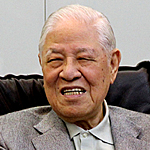 ■Lee Teng-hui
■Lee Teng-hui
Born in Sanchin,Taipei County(1923).
First Taiwan-born president of the Republic of China(Taiwan,1998-2000).
Voice 購入
アクセスランキング(週間)
更新:04月25日 00:05
- 「チクショー。やめろ」 オウム真理教・麻原死刑囚最後の日
- 「皇帝政治」が災いの始まりだった?わずか15年で秦を滅亡させた始皇帝の誤算
- 実は「地対艦ミサイル先進国」日本の実力
- 中国史上唯一の女帝にして暴君 則天武后の「残忍政治とその原点」
- 【天才の光と影 異端のノーベル賞受賞者たち】第18回 リチャード・ファインマン(1965年ノーベル物理学賞)
- 専門家が、日本は「日米同盟から離脱すべき」と警鐘を鳴らす理由
- ”米軍は警戒”なのに日本は…中国「史上最強の地対艦ミサイル」の脅威
- なぜ第一次世界大戦は「大戦争」になってしまったか
- アメリカ軍は弱体化している...世界トップに躍り出た「中国海軍の軍事力」
- ソ連と同じ轍を踏むのか?「アフガン侵攻失敗」にみるロシアの行く末


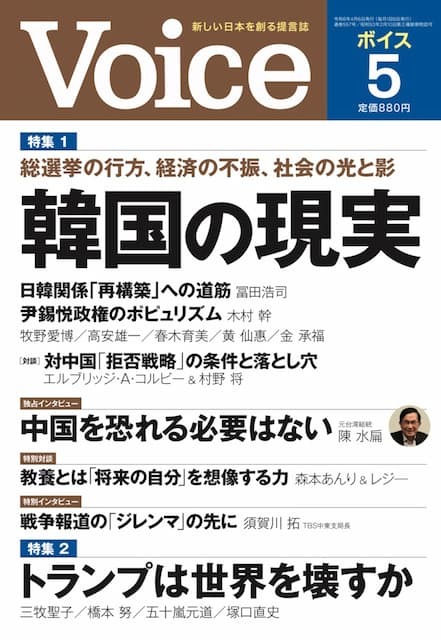
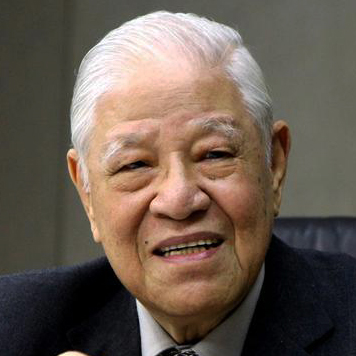
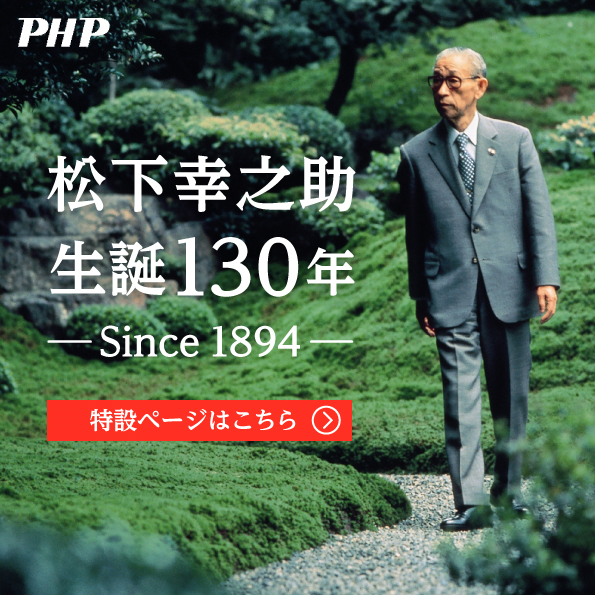
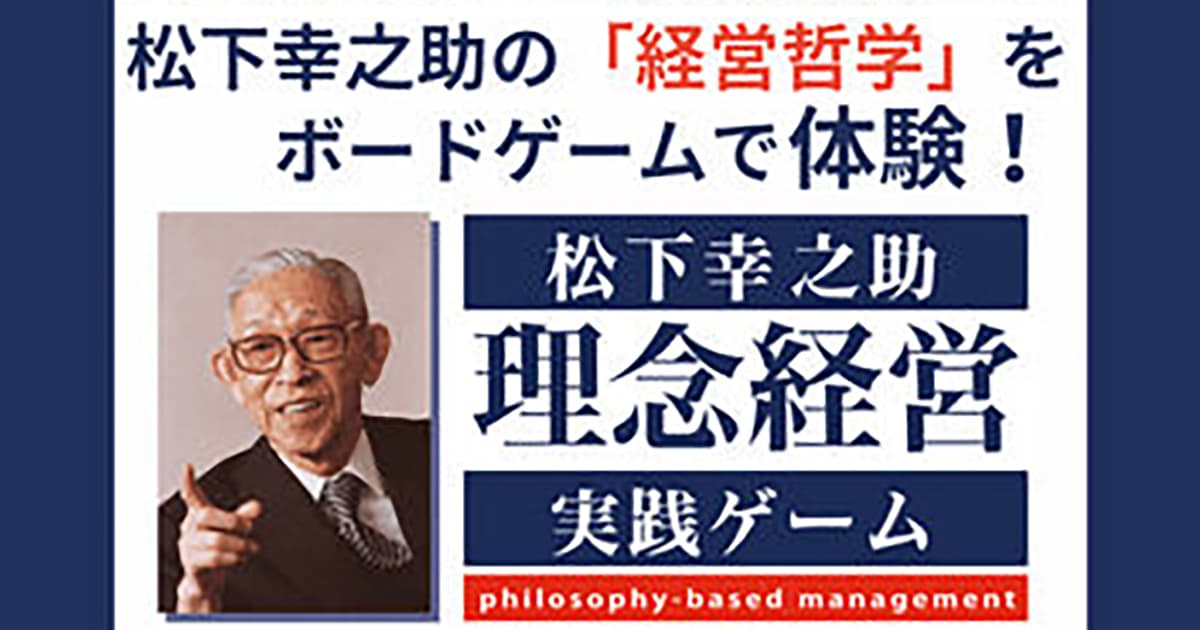
.jpg)
